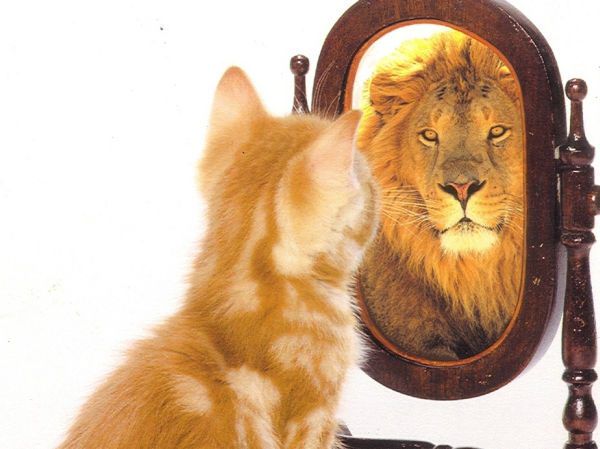What Causes Low Self-Confidence?
How we feel about ourselves is often influenced by our past experiences, both positive and negative – we are the product of our environment. The things we experience in our everyday lives, how we, and those around us, react to those events, can all have a significant impact on how we view ourselves and the world around us.

How we see ourselves may be influenced by friends, family, colleagues, peers, or even the media. Big, memorable events such as a traumatic experience can have a significant impact and can cause our sense of belief in ourselves to lower, leading to lower confidence.
What is The Difference Between Self-Esteem and Self-Confidence?
While self-confidence and self-esteem are often used interchangeably, they are not the same thing. When mention self-confidence, we are referring to our ability to perform various tasks. Self-esteem refers to the way we feel about ourselves – self-judgement.
Often, those with low self-esteem may have low self-confidence too. People with low self-esteem can have confidence in certain areas and those with high self-esteem may lack confidence in certain areas.
Having confidence in your abilities does not mean performing tasks perfectly. In fact, a big part of having self-confidence is knowing how to deal with mistakes when they occur. Having confidence can make a huge difference in many areas of your life such as academic/ sports performance, career, relationships, health & wellness.
Academic/ Sports Performance – Greater confidence will overpower your inner critic that spreads self-doubts and feelings of defeat. Instead of frustration, it will lead to resilience and determination to succeed and accomplish pre-set goals.
Career – Lacking confidence at work can stop you from voicing your opinion and take on new challenges. This can block your professional growth and development. Building confidence at work can help you to overcome obstacles more easily, and reach your full potential.
Relationships – Low self-confidence may affect your relationships with friends, family and partners. It may hold you back from meeting people or cause you to isolate yourself socially leading to depression and anxiety. Boosting confidence can help you feel more comfortable in social environments, ask someone on a date, set personal boundaries, etc.
Health & Wellness – You must be your own self-advocate to enjoy wellbeing and good health, while being in charge of your life. For that, you need confidence and belief in yourself to be able to make critical decisions that are best for your health needs. Self-advocacy leads to self-empowerment.
What Causes Low Self-Confidence?
By accessing your subconscious mind, or inner voice, a hypnotherapist can help you start to take control of how you are feeling about yourself, and work with you to discover what may have caused you to develop low-confidence, and then helping you to feel more confident.
Your inner voice can feel like your biggest critic, causing you to feel bad about yourself, your thoughts, or your actions. It is important to know that it’s possible to overcome these negative thoughts, no matter how deeply embedded they may seem. A hypnotherapist can help to re-teach your subconscious mind and help you to see yourself in a kinder light.
In addition to being able to increase your overall confidence, hypnosis can help improve your confidence and self-belief around specific areas, such as in work or relationships, or to boost your confidence around specific goals such as driving over bridges/ tunnels, public speaking, smoking cessation, weight loss, break unwanted habits, overcome anxiety, etc.
If you feel you could benefit from building your confidence, hypnotherapy is a safe and effective way to make a positive, long-lasting change. Hypnocoaching is a great add-on service – contact us for more details.














